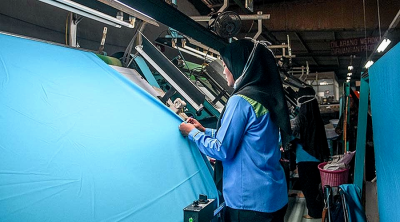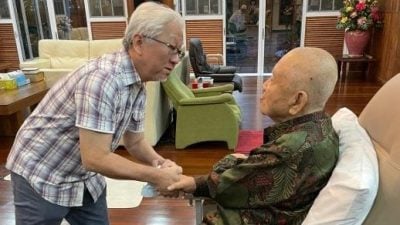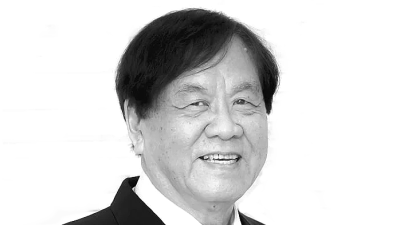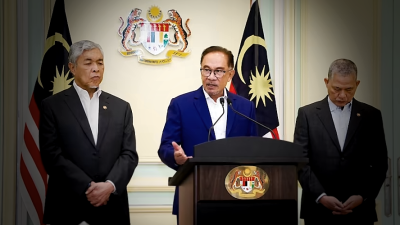There are few examples as of India and China of neighboring countries that stand to benefit from good relations, yet being unable to do so.
While any long-term hostility invariably involves misunderstandings and mistakes on both sides –and this must be true about this hostility too – any unbiased evaluation is likely to reveal that excessive aggressiveness and betrayal of strong initial trust on the part of China has been more responsible for the hostility that has characterized India-China relations for the greater part of the last seven decades.
This has unfortunately washed over the previous record of several centuries of peaceful co-existence as well as learning from each other.
While this aggressiveness of China has harmed India, it has also been harmful for China in the much wider context of giving it a reputation of pursuing its territorial quests in aggressive ways, making opportunistic use of difficult times to inflict aggression on neighbors and of preferring dictatorships over democracies for pursuing its aggressive agenda.
The cause of India-China friendship could not have asked for better leadership than the one provided by Jawaharlal Nehru as the first Prime Minister of India.
This is because Nehru believed strongly in the historic coming together of two civilizations for realization of various peace and welfare objectives.
This was evident also in the efforts Nehru made for promoting India-China friendship even in the course of the freedom movement.
Nehru was initially even willing to face domestic criticism for making generous gestures for obtaining Chinese goodwill for the bigger cause of long-term friendship of two neighbors.
Unfortunately, however, China was in no mood to reciprocate and hastened to annex Tibet in ways that betrayed lack of concern for Indian sensitivities.
This was followed by a full-fledged invasion of India in 1962.
During 1959-61 the great policy failures and atrocities of the so-called “Great Leap Forward” led to millions of deaths in China in one of the most severe man-made famines of history.
It was to draw attention away from this and to proclaim Chinese military might that the idea of this invasion was born, and the period of the Cuban missile crisis was opportunistically chosen to launch the strike at a time when the attention of the international community and particularly the US was concentrated elsewhere.
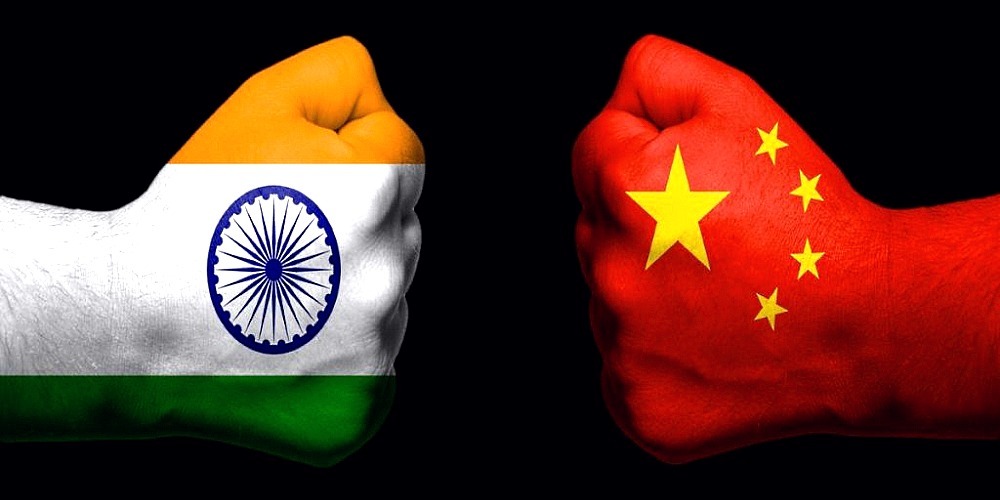
As a child growing up in a cantonment of North India then, I could feel the strong sense of betrayal and distress all around me, something which also adversely affected Nehru’s health, contributing to his death some time later.
This invasion was an ill-considered way of proclaiming the superiority and might of one-party arbitrary rule which had resulted in a huge calamity.
It was also clear that while democracy was being strengthened in India, despite several weaknesses remaining, China increasingly placed more trust in the military dictatorship of Pakistan and even supported Pakistan in the 1965 and other wars against India.
Matters came to a head in 1970-71 when betraying all the stated precepts of its claimed revolutionary legacy, communist China continued to extend support to the Pakistan military dictatorship and the genocide carried out by it in what was then East Pakistan, leading to several hundred thousand deaths and other very cruel atrocities.
In fact, the Bangladesh liberation war was the most opportune time for China, going by its own declared precepts, to declare support for India, but it continued to be hostile and to support the genocide right till the end.
Even in Myanmar, China remained supportive towards military rulers at the time of their repression of democratic dissent.
In Cambodia, China fully supported with extensive aid the Pol Pot regime, which was responsible for several hundred thousand deaths.
However, in later years, despite several problems, India-China negotiations saw better results several times which provided a glimmer of hope that it was possible to improve the relationship.
The times of Rajiv Gandhi as prime minister and his visit to China are often remembered in this context.
Military commanders posted on border areas as well as political leadership have several times shown maturity in keeping down hostilities.
Despite this, highly regrettable clashes such as those in Galwan could not be prevented, and this shows the need for building more durable bridges of trust, instead of merely managing crisis situations as and when these emerge.
China has clearly failed to take any major initiative that would reflect its understanding of the wider need for India-China friendship for which some of the smaller differences can be buried.
On the other hand, it has shown itself to be persistently aggressive regarding territory-related issues, laying claims to fairly huge areas, not only those already occupied but also those which have been under Indian governance for the entire post-independence period.
In its use of water resources and dam-building activity, China has again displayed non-transparency, arbitrary unilateralism and lack of concern for adverse impacts on India.
Even in matters of actions against terrorists clearly hostile to India, China has not been sensitive to Indian concerns.
The wider lesson of the policy that China has pursued towards India creates no confidence regarding its conduct towards this important neighbor in the future when its power is likely to continue to grow.
This is extremely sad, as a relationship of friendship and trust can contribute so much to the well-being of both countries and to justice-based peace at world level.
On several issues of protecting trade, investment, patents, agriculture and climate change related interests of developing countries, India and China can share a lot of common ground in international negotiations.
In fact, in times of climate change, when both countries face huge concerns due to adverse weather conditions, the reasons for cooperation and friendship are much stronger than before.
This remains a very important reality, so that India must always keep with it the option of improving its relations with China.
India should never join any wider military alliance or grouping against China and it should never allow itself to be used by any big power in a proxy war against China.
The best policy for India is to remain prepared to protect its borders, while continuing diplomatic efforts for improving relations with China (as with all other countries), while at the same also remaining guarded and careful in view of the past betrayal of trust by China.
ADVERTISEMENT
ADVERTISEMENT











